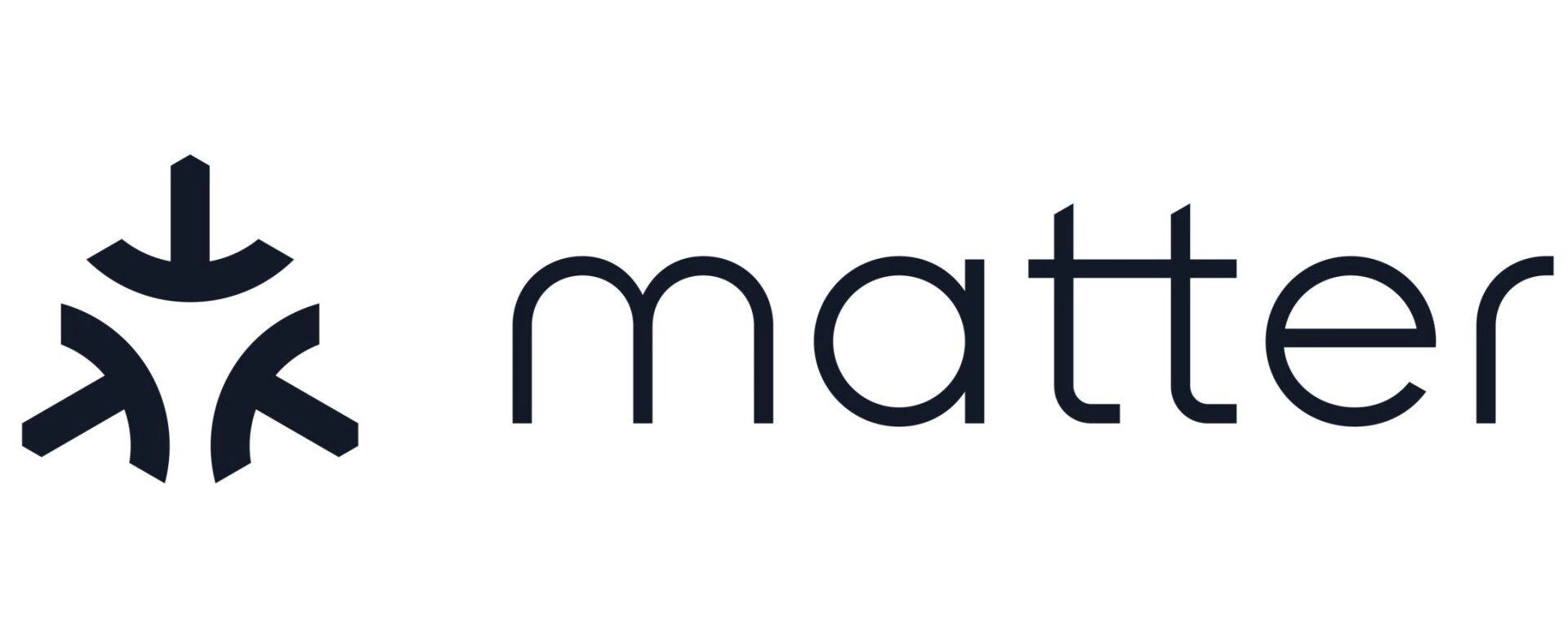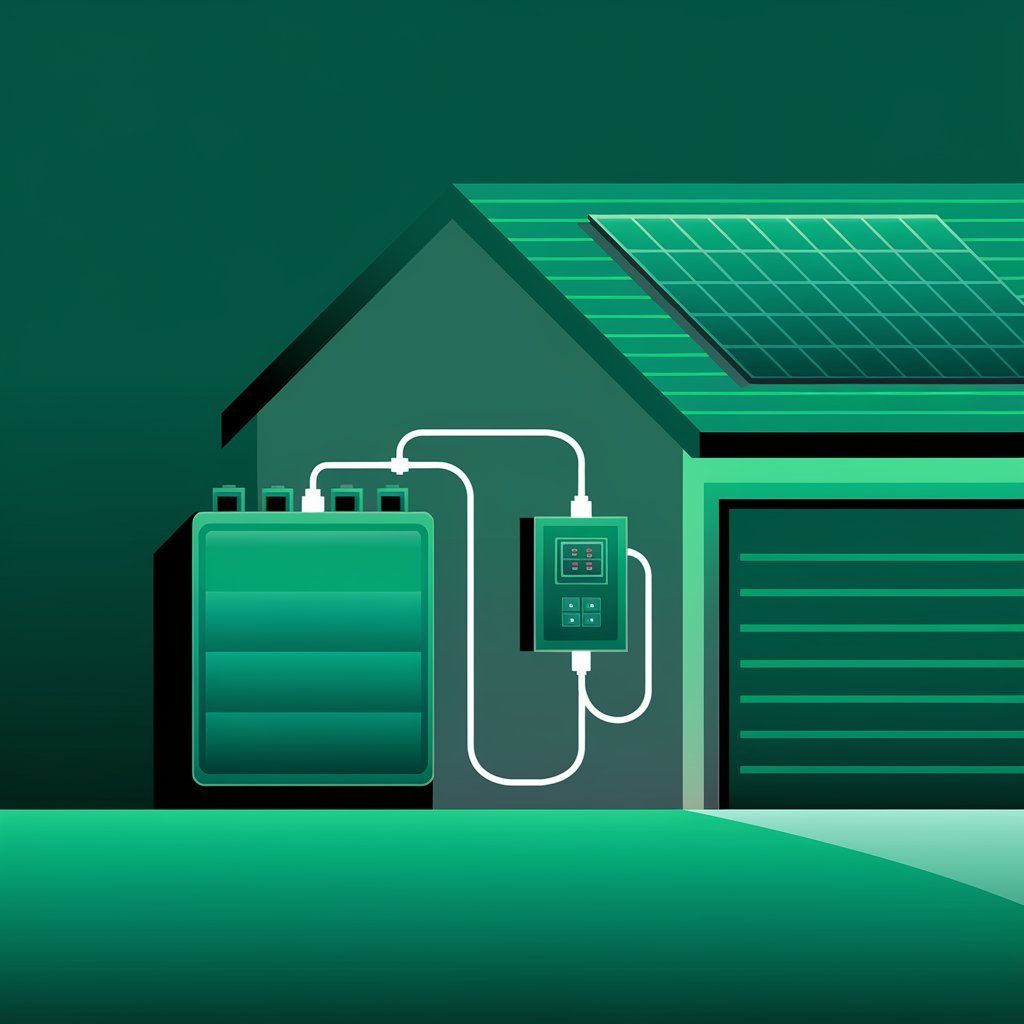OpenADR and Matter unite, bring the smart grid into the smart home
Smart homes & grid unite! New spec bridges OpenADR and Matter for seamless energy flexibility. Lower bills and even a greener future could be on the horizon.

Please note: This page may contain affiliate links. Read our ethics policy
Cambridge-based energy tech firm geo has developed a new open specification aimed at enabling seamless communication between OpenADR and Matter devices. Available to download now, it is hoped the specification will allow Matter better control over energy demand.
What is OpenADR?
Developed over 15 years ago, OpenADR has been helping utilities and energy flexibility service providers to manage energy demand across industrial and commercial operations. The standard enables the grid to communicate with connected assets, with signals sent to adjust usage during peak times. OpenADR can also influence the energy consumption of any connected assets (mostly large scale devices at this time) and utilize excess renewable energy, which in most cases currently cannot be stored.
This strategy of maximizing what energy is available within a specific budget is known as demand-side response. In most territories this isn’t available to homes, but geo is hoping the groundwork laid by the UK's Department of Energy Security and Net Zero (DESNZ), will enable the new specification to gain traction.
As you may know, Matter is geared towards interoperability, and the Connectivity Standards Alliance is keen on collaboration between its various members and associates. So, there is a good chance that this new specification could have a key impact on future Matter releases.
What does the Matter-OpenADR specification do?
Matter-enabled devices within the home -- washing machines, dishwashers, and other smart kitchen equipment, not to mention EV chargers, water heaters, and even solar and battery storage systems – can be directly interacted with via this specification. It’s essentially a translator, one that enables those devices to respond to grid signals.

So, a washing machine might automatically delays its cycle until energy demand drops, or when solar generation is high. After initial configuration, no manual intervention should be required.
Could this lead to a smart home that lowers energy bills and emissions? It certainly makes it a realistic prospect, and with Matter certification becoming de facto for smart home devices, it is within reach.
“A more sustainable, greener future.”
Patrick Caiger-Smith, Chairman of geo, highlighted the potential for tangible consumer benefits: "Keeping consumers’ hard-earned money in their pockets by providing meaningful carbon reduction to millions of homes, simply and cost-effectively, has always been central to our mission… this latest OpenADR and Matter bridging specification means those benefits can now be delivered sooner."
Tobin Richardson, President and CEO of the Connectivity Standards Alliance, hailed it as "an impressive step forward in enhancing grid efficiency and paves the way for a more sustainable, greener future."
We could see new smart home energy meters, for example, routing grid-level management signals to dishwashers, dryers, washing machines, and EV chargers. Rather than on/off based on a timer or pre-programmed schedule, local energy management can use the OpenADR-Matter specification to respond to dynamic tariffs.
It’s pretty exciting!
The technical specification is now publicly available for download from geo’s website.
About the Author

Christian Cawley
Editor in Chief
Christian has been writing about technology since the mid 2000s, and has been published in numerous publications, online and in print. These include Android Magazine, Linux User & Developer, Linux Format, Tech Radar, Tom's Hardware, and Computer Active. From 2014-2024, he was a section editor and later deputy editor at MakeUseOf, before joining the Matter Alpha team. Christian enjoys old video games (mainly C64, Amiga, and MS-DOS), classic TV, and telling everyone who will listen that they should have a robot cleaner. When he's not shaping articles, Christian is a dad to three dancers, collects Lego, and is an avid home chef.